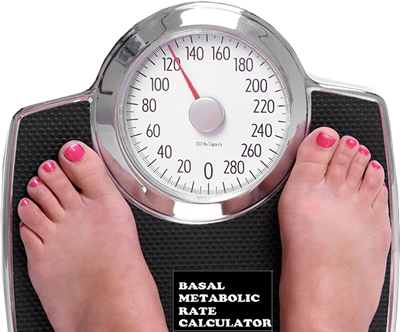BMR can be responsible for burning up to 70% of the total calories expended, but this figure varies due to different factors. Calories are burned by bodily processes such as
respiration, the pumping of blood around the body and maintenance of body temperature. Obviously the body will burn more calories on top of those burned due to BMR.
Basal metabolic rate (BMR) is the amount of energy expended while at rest in a neutrally temperate environment, in the post-absorptive state (meaning that the digestive system
is inactive, which requires about twelve hours of fasting in humans).
The release of energy in this state is sufficient only for the functioning of the vital organs, such as the
heart, lungs, brain and the rest of the nervous system, liver, kidneys, sex organs, muscles and skin. BMR decreases with age and with the loss of lean body mass. Increased
cardiovascular exercise and muscle mass can increase BMR. Illness, previously consumed food and beverages, environmental temperature, and stress levels can affect ones overall
energy expenditure, and can affect one's BMR as revealed by gas analysis. An accurate BMR measurement requires that the person's sympathetic nervous system is not stimulated.
Basal metabolic rate is measured under very restrictive circumstances. A more common and closely related measurement, used under less strict conditions, is resting metabolic
rate (RMR).
